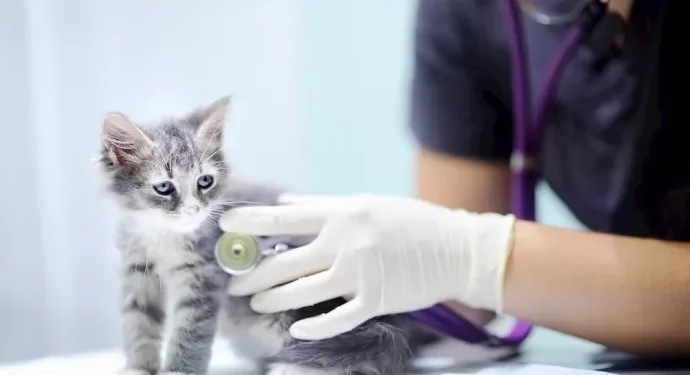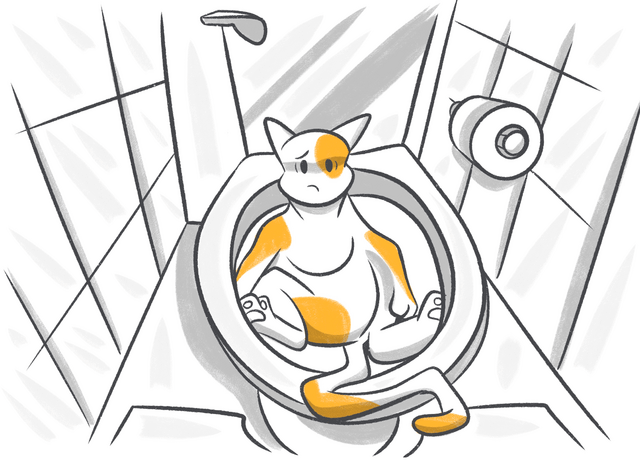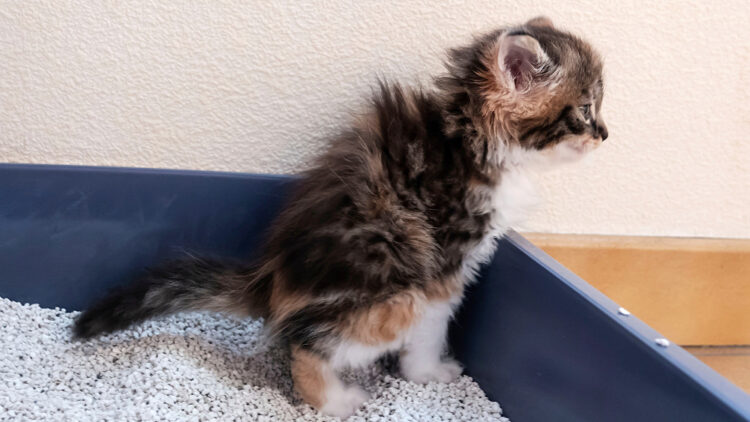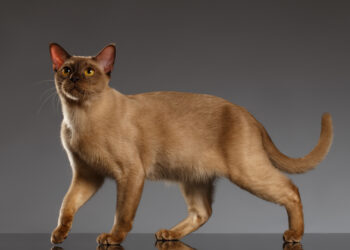Are you a cat lover concerned about your furry friend’s well-being? Is your kitten showing signs of discomfort during litter box visits? You might be dealing with kitten constipation. In this comprehensive guide, we’ll explore the causes, symptoms, and effective treatments for this common feline issue. Let’s dive in and ensure your little companion gets the care it deserves.
Understanding Kitten Constipation
What is Kitten Constipation?
Before we delve into the reasons behind it, let’s clarify what kitten constipation actually is. Kitten constipation refers to the infrequent or difficult passage of stools in young cats. Just like humans, kittens can experience digestive issues, leading to discomfort and distress.
Causes of Kitten Constipation
- Dietary Factors
- Kittens, just like adult cats, need a balanced diet. Inadequate fiber intake or sudden changes in food can contribute to constipation.
- Dehydration
- Lack of proper hydration can lead to dry and hard stools, making it challenging for your kitten to eliminate waste.
- Hairballs
- Kittens, being meticulous groomers, can ingest excessive fur, forming hairballs that may obstruct the digestive tract.
- Lack of Exercise
- Physical activity stimulates bowel movements. Insufficient exercise can contribute to a sluggish digestive system.
Identifying Symptoms
How to Spot Kitten Constipation?
Recognizing the symptoms early on is crucial for prompt intervention. Common signs include:
- Straining in the Litter Box
- Is your kitten spending more time than usual trying to eliminate waste?
- Reduced Appetite
- Constipation can affect your kitten’s appetite. If you notice a sudden decrease in food consumption, it could be a red flag.
- Abdominal Discomfort
- Tender belly or discomfort when touched around the abdominal area may indicate constipation.

Treatment Options
Overcoming Kitten Constipation
- Dietary Changes
- Introduce a high-fiber diet, including specially formulated kitten foods designed to promote healthy digestion.
- Hydration Boost
- Ensure your kitten has constant access to fresh water. Hydration is key to softer stools.
- Grooming Assistance
- Regular brushing can reduce hairball formation. Additionally, consider hairball remedies recommended by your veterinarian.
- Encourage Play
- Stimulate your kitten’s natural instincts with interactive toys and play sessions to encourage regular bowel movements.

Conclusion
In conclusion, understanding and addressing kitten constipation is vital for your furry friend’s well-being. By being proactive and making simple lifestyle adjustments, you can ensure a happy and healthy life for your kitten.
Frequently Asked Questions (FAQs)
- Can kittens get constipated often?
- Kittens can experience occasional constipation, especially during diet transitions. However, persistent issues may require veterinary attention.
- Is it normal for kittens to have hairballs?
- Yes, it’s normal for kittens to have hairballs due to grooming habits. Regular grooming and a proper diet can minimize hairball formation.
- How quickly should I seek veterinary help for constipation?
- If your kitten shows signs of distress for more than 48 hours, consult your veterinarian promptly for a professional evaluation.
- Can I use over-the-counter remedies for kitten constipation?
- It’s crucial to consult your vet before using any remedies. Some over-the-counter options may not be suitable for kittens.
- Are there preventive measures for kitten constipation?
- Yes, maintaining a balanced diet, ensuring hydration, and promoting regular exercise are effective preventive measures.
Crafted with care, this article aims to guide you through the nuances of kitten constipation, ensuring your beloved pet lives a happy and healthy life. Remember, your veterinarian is your best ally in addressing any persistent issues your kitten may face.





















